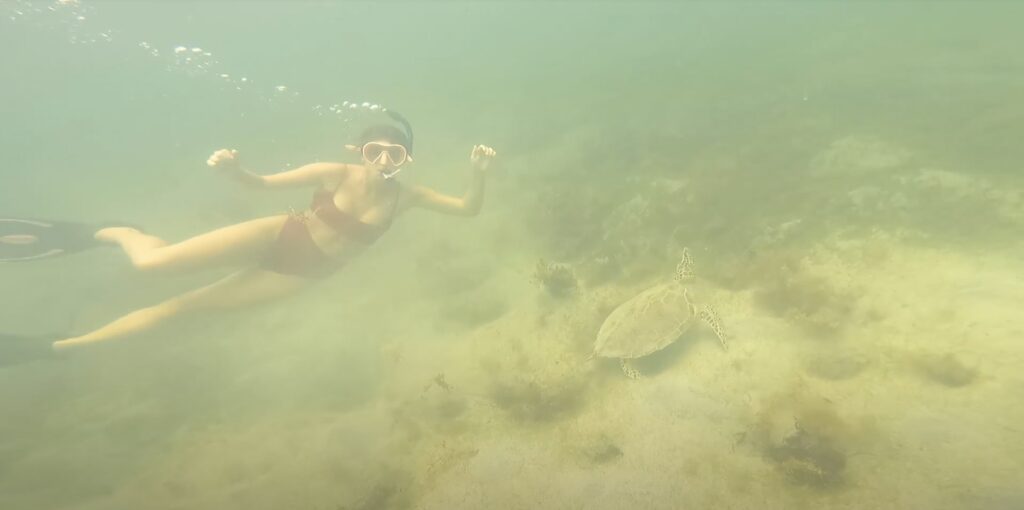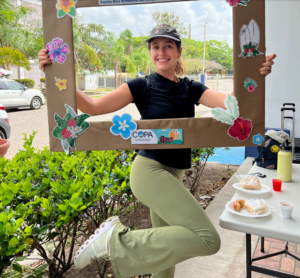
As the on-site portion of my practicum with the Centers for Disease Control and Prevention (CDC) Dengue Branch has come to an end, I am reflecting on an experience that has exceeded my expectations. Saying my goodbyes in San Juan, Puerto Rico was bittersweet. Time flew by exploring the island, but I was also missing my 6-month old puppy. While I returned to Chapel Hill, my practicum is not quite over yet. Thanks to Microsoft Teams, I have been continuing to work on my practicum projects remotely, while staying connected to the branch. From finalizing an evaluation plan and data collection tool to better assess the Communities Organized to Prevent Arboviruses (COPA) project’s community engagement events and activities, to conducting exploratory analyses to improve the multi-year prospective cohort’s participant retention, I have been keeping busy!
The ability to travel around Puerto Rico and immerse myself into a different culture has been one of the many delights of this practicum experience. I have learned throughout this experience how to be more perceptive and accommodating of cultural differences as well as how to receive and use constructive criticism to refine my projects. An unfamiliar component of this opportunity was the ability to give feedback on my experiences for future practicum students, which I learned to do so humbly and respectfully. Throughout this experience, my personal and professional growth were astounding! To no surprise, working as an epidemiologist was never monotonous. Opportunities and needs evolve, and no two days are the same. The chance to work in a federal office and attend meetings, as well as to work in a field project and attend community engagement activities has allowed me to see the diverse responsibilities and skills needed of an epidemiologist. It has also allowed me to observe firsthand the importance and codependency of these roles and the collaboration of professionals from different backgrounds and perspectives: you cannot have a team conducting community education and data collection without individuals to develop data collection tools and education materials, analyze the data, and evaluate and plan field activities (and vice versa).
All in all, this summer has been a very memorable –(snorkeling with sea turtles and paddling through the bioluminescent bays is a tough experience to beat!) and a thought-provoking one. The experience challenged me to grow as a person, a student, a public health professional, and a global citizen. I have been granted lessons that I intend to utilize as I continue into my second year of my MPH program at Gillings and begin my professional career as an aspiring epidemiologist. Fortunately, my time with the CDC Dengue Branch will continue into the fall, as I hope to publish the findings from my cohort retention analysis to help inform future community-based research studies in the region.
-Emma


